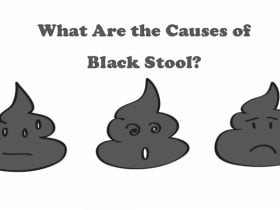Vitamin B12 is also known as cobalamin, and it’s a crucial vitamin that the body needs. Since the body doesn’t produce this nutrient even though it’s needed, a deficiency is possible. Vitamin B12 helps keep the blood cells healthy and produces DNA, the genetic material in all body cells.
There are several food sources of vitamin B12 to help those who are deficient in the nutrient. Common examples of vitamin B12 sources include clams, beef, organ meats like liver and kidneys, fortified cereal, salmon, trout, milk and dairy products, and tuna.
Vitamin B12 can be found in products fortified with nutrients like bread and plant-based milk. The nutrient is common in people who are elderly. Individuals on drug metformin for diabetes are also at risk of vitamin B12. Here are some of the symptoms of vitamin B12 deficiency:
Sensations of Pins and Needles

Sensations of pins and needles are one of the most significant symptoms of vitamin B12 deficiency. This sign becomes visible with time because the vitamin plays an important role in the metabolic pathway that manufactures myelin, an insulating layer that forms around the nerves.
Without this vitamin, myelin [1] production occurs differently, and the nervous system doesn’t function appropriately. When an individual notices the sensation of pins and needles, it’s due to the nervous system’s inappropriate functioning. Another name for this condition is paresthesia.
Usually, the paresthesia occurs alongside medical conditions like anemia. In research, it was discovered that around 28% of individuals had been diagnosed with neurological symptoms of vitamin B12 deficiency, with a significant sign of anemia.













